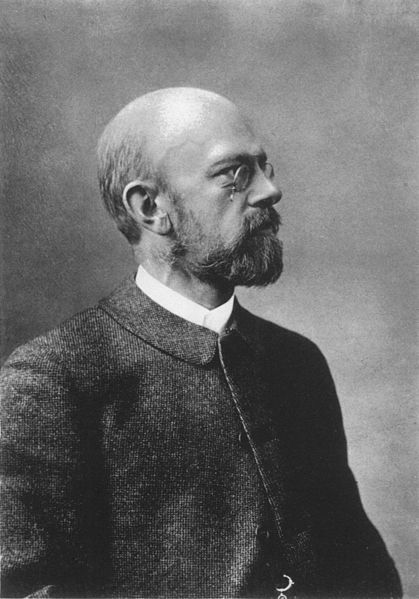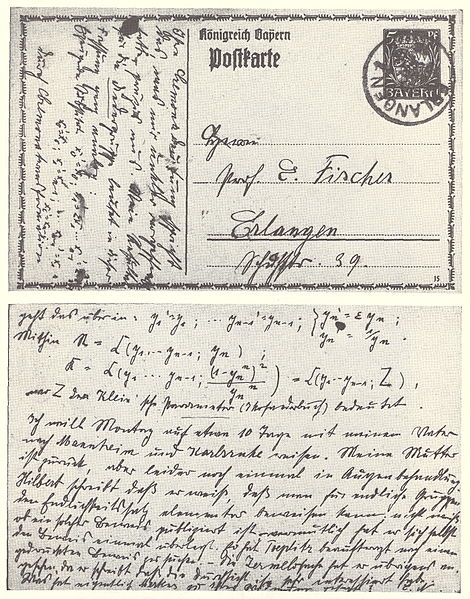Infinite photos and videos for every Wiki article ·
Find something interesting to watch in seconds
Best Campuses
Celebrities
Sports
Tallest Buildings
Largest Empires
Richest US Counties
Animals
Crown Jewels
Great Cities
World Banknotes
Great Museums
Wars and Battles
Famous Castles
History by Country
Ancient Marvels
Supercars
Largest Palaces
Great Artists
Rare Coins
Countries of the World
Presidents
Orders and Medals
Recovered Treasures
Kings of France
Wonders of Nature
British Monarchs
more top lists





